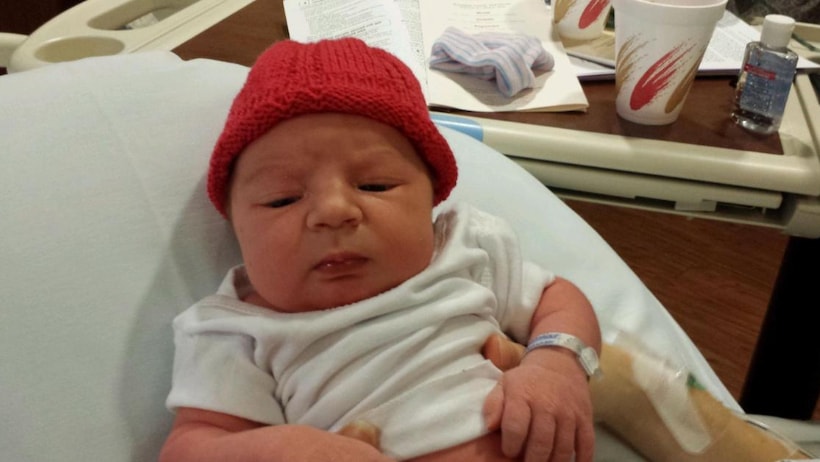There’s something very magical in looking at your child for the first time – that first gaze at the human you created. Especially as a mother, I distinctly remember this moment. I was in awe of what my body could create. I studied every inch of my daughter’s body, her sweet ears that were uniquely shaped liked the letter E on the inside, her silvery eyes, the way her little feet sat together. It was hard to imagine that this body was created inside my own body. And then as she grew, she started to show some features of mine and some that matched Duncan. In fact, there are days when she’ll look particularly like me, other days when Shiri is the spitting image of her daddy, and other times she looks like her grandparents. Sometimes I just don’t know whom she resembles most. It is in all of these moments that I am reminded of the miracle of our very existence in the world. Had it not been for the moment God recognized the need for the creation of human beings, these wonders would not exist.

As we read Parshat Naso this week, we read about the Israelite society trying to move forward after leaving Egypt and about the establishment of a successful community. The narrative picks up with a second counting of the people; laws about how we are to treat one another and the property that we own; the blessing of the priests to the people; and the laws of the Nazir, detailing how we might dedicate ourselves directly to God. Among these laws is the notion of connection to a community, to God, and to the greater “people.”
As the section of text makes its way through the establishment of a new society, we learn about the confession, atonement, and ramifications of wrongdoing. The text teaches, “Any wrong toward a fellow man, thus breaking faith with the Lord.” This small verse becomes fodder for much debate among the commentators, but when I read this verse, I see the reminder that we were all created in God’s image. Therefore, an affront to a creation of God is an affront to the God of creation. Logically, if all human beings are created with the spark of the divine in them, then the person who pushes your buttons in all the wrong ways, and the person whom you can’t live without in the world, were both created with a divine spark.
It’s events like last week’s tragic attacks that occurred in our own backyard in Portland that make it especially hard to reconcile our belief in this inner divine spark. The horrendous news of the brutal attack on Portland public transit reached a new low this week, as it was reported that personal possessions of one of the men slain were stolen off his corpse by someone else on the train.
We are living in a time in which we are constantly reminded of the simple, sad truth that a spark is not enough. A spark is not a flame. A spark dies instantly if it is not ignited, and who is responsible for igniting that spark? We are, not God. God was responsible for placing the spark within each of us, but we are responsible for the flame. I read this single verse in this week’s Torah portion and can only imagine what the world would look like if every time we looked at one another, we not only recognized something greater than ourselves, but also our mandate to make sure that the spark of recognition is never extinguished.
-Rabbi Eve Posen
Source: Godlike – Parshat Naso 5777



